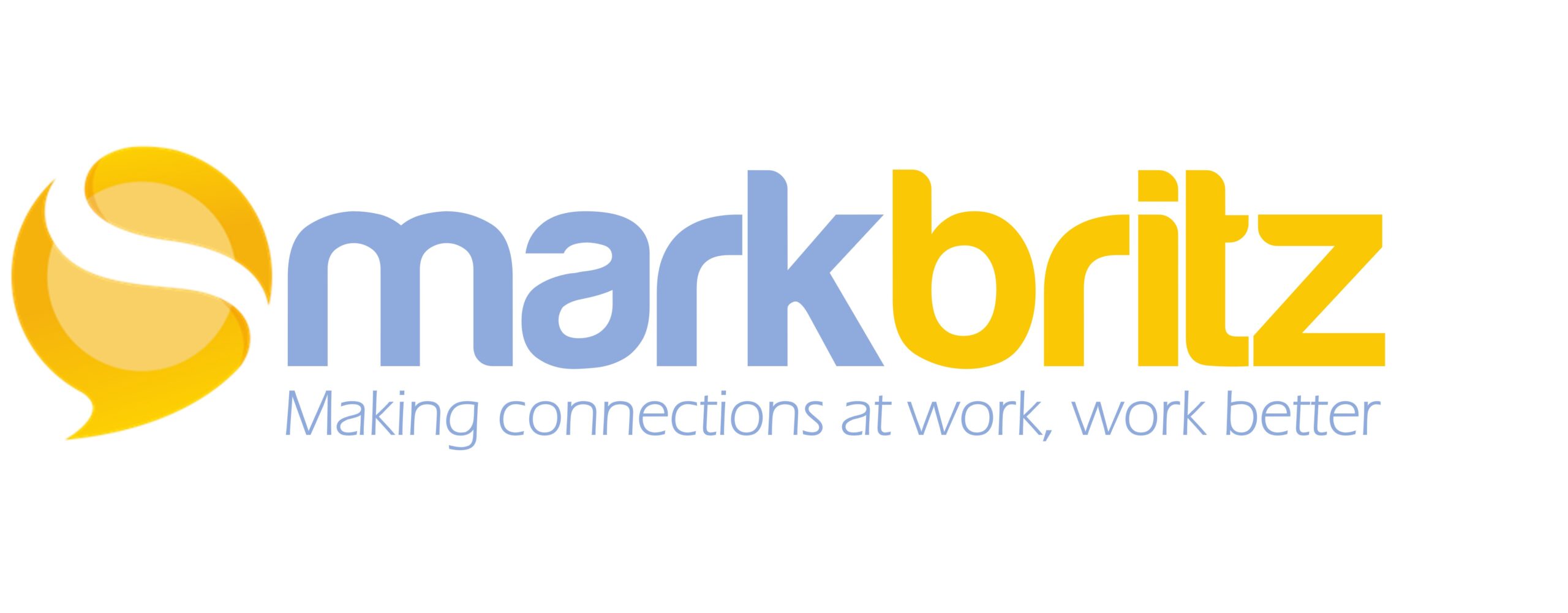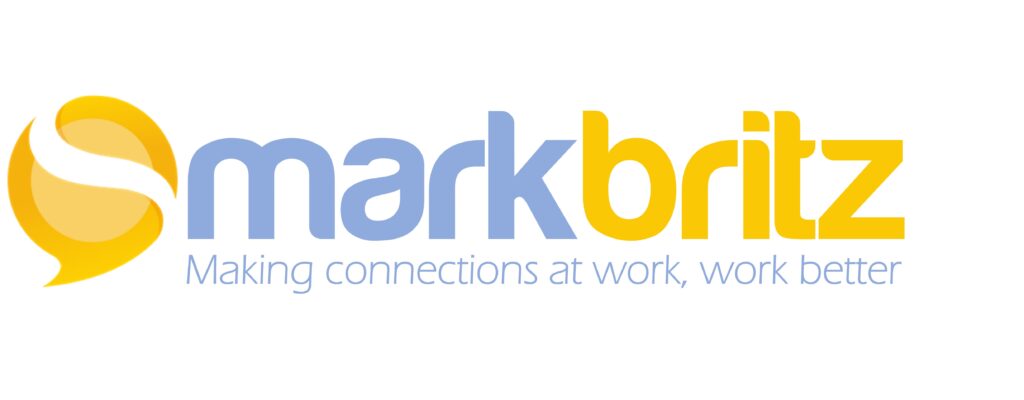The singularity, or the union of humans and machine/AI, for me always conjures images of embedded machines within our skin helping us think faster, move easier, monitoring minute vitals and ensuring our system performs optimally. But before all this I think we’ll see our union with machines through an emotional connection, and one that is more than the affections we see people have for their devices today. It’s actually already happening with Bots, the software programs that appear in our social tools like SlackBot does in the Slack platform. It’s easy to see how they will only continue to grow in acceptance and presents us with some interesting scenarios.
For starters, social referral is surpassing web search as we are turning to others more online to not only share but to find. We are retreating into smaller, trusted communities, sets versus our scenes as Stowe Boyd once wrote, to gain better insights in the face of increasing amounts of information and often dubious information. Bots, like SlackBot are useful in these “sets” as today they can be summoned to assist in our activities and point us to timely, targeted resources. And as machine learning and natural language processing advance, it will make it increasingly difficult to distinguish Bots from our virtual human connections – even when we know we are interacting with a one, our trust in them will only grow through the value they continually bring. A Bot has the advantage of appearing as any other disembodied community member, without a face, just an avatar with only its written word and deeds seen. It won’t suffer the Uncanny Valley fate as robots in more human form do, and in this state it would pass theTuring Test with flying colors.
As Bots become deeply embedded in our network interactions and people continue to move to more fragmented conversational apps, it’s obvious that data seeking organization’s (Google, Facebook, etc) will need to get closer to the action… and Bots are their in. No more promoted ads, instead Bots will present just the right solution or product suggestion in the most natural rhythm of our emotion laden conversations. And as covert as this is, they will be an undeniable performance support agent. I can foresee where they will seek answers from us in more qualitative forms so as to better understand our emotional state, our relationships and our needs beyond the professional. Maybe Bots will serve as coaches to hone our personal knowledge management skills. And will complex community work, work of community managers, ultimately be outsourced to the automated?
Of course all this demands a bit more in the way of Artificial Intelligence, but are we really that far off from Bots becoming an indistinguishable and trusted member of our communities – learning along with us as they learn about us?


